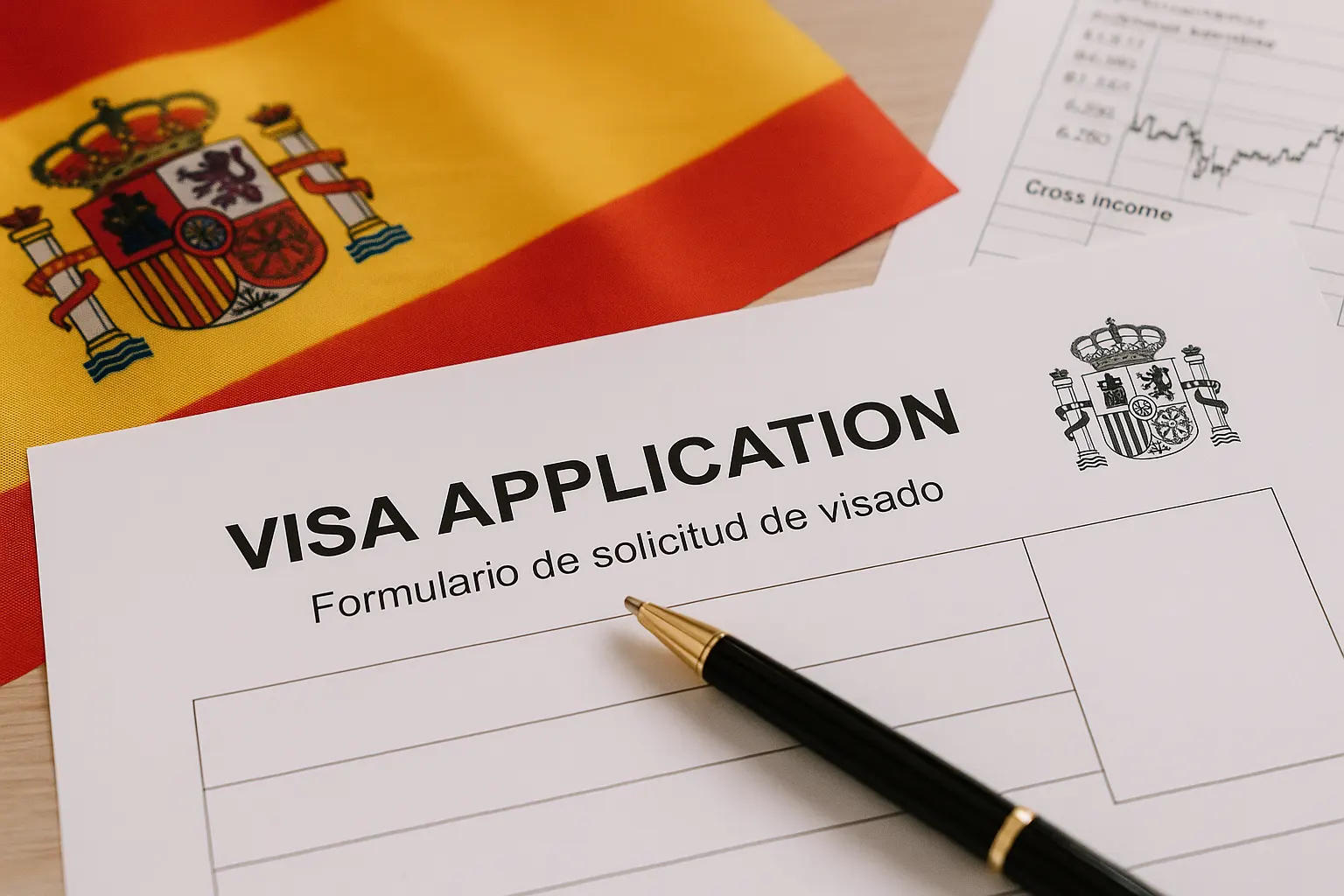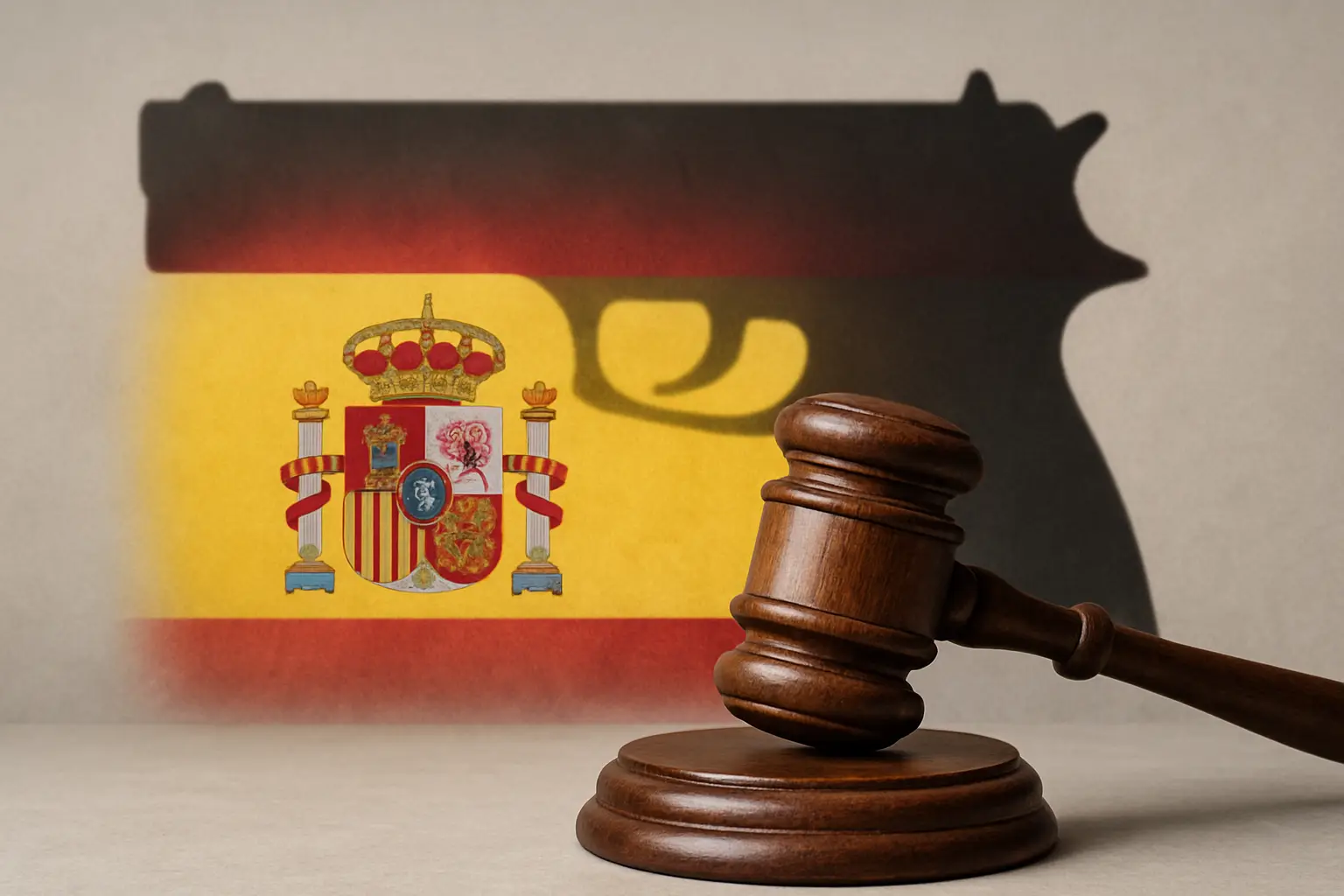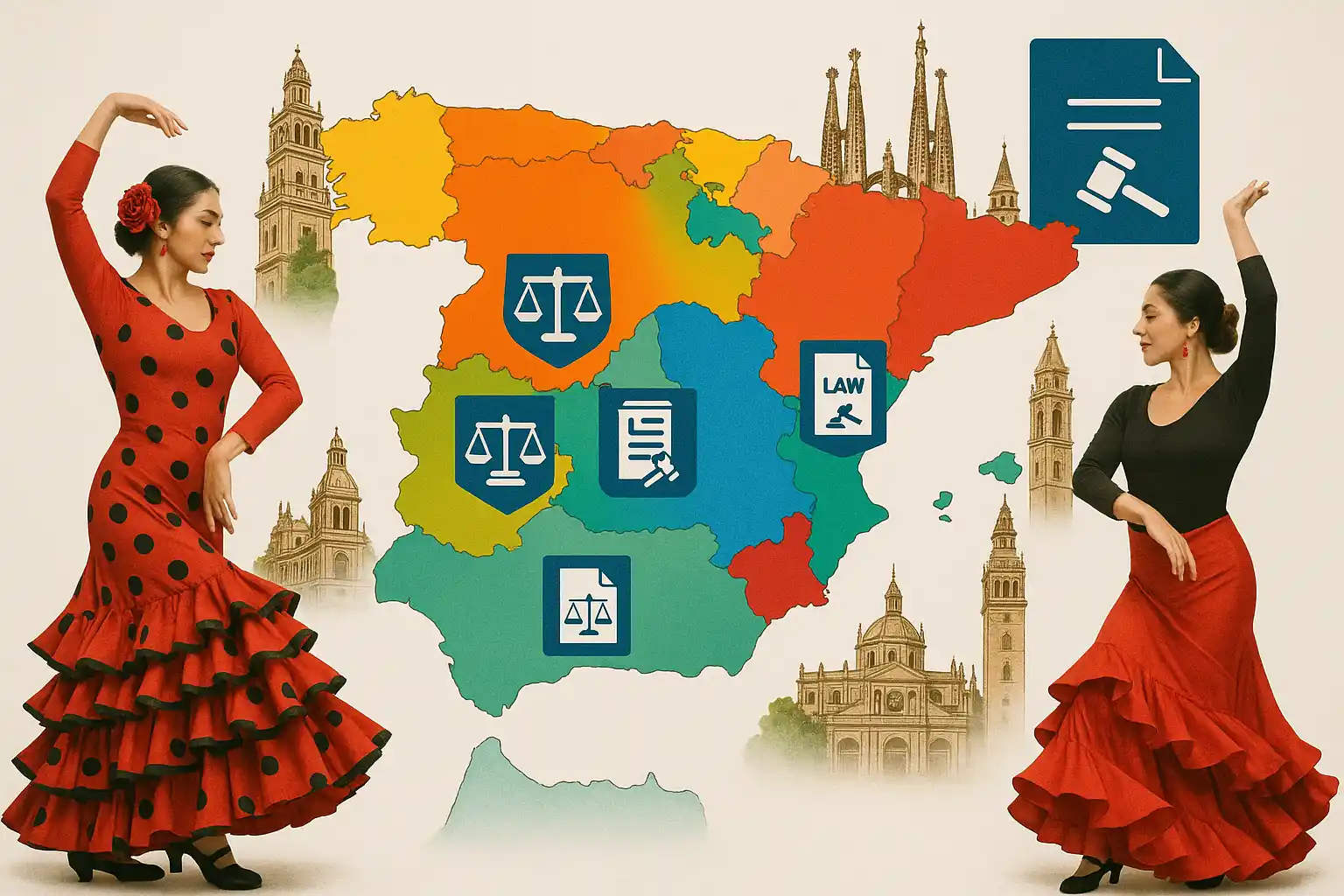Obtaining a health card in Spain, known as the Tarjeta Sanitaria Individual (TSI), is essential for accessing the country’s comprehensive public healthcare system. This card grants you the right to receive medical consultations, specialist care, hospital services, and prescription medications with ease. Additional benefits include access to electronic prescriptions and digital medical records, streamlining interactions with healthcare providers.
Understanding spain health card how to get information is crucial for residents and newcomers alike. The process ensures that individuals can utilize Spain’s publicly funded healthcare resources efficiently and at no initial cost.
This article provides a detailed guide on how do I get a health card in Spain? covering:
- Eligibility criteria for obtaining the TSI
- Step-by-step application procedures
- Specific regional considerations across Spain
Whether you are a Spanish citizen, an EU/EEA resident, or a foreign national, this guide clarifies the essentials of securing your free health card in Spain.
Understanding the Spanish Public Healthcare System
The Spanish public healthcare system is a decentralized structure managed by the 17 Autonomous Communities, each responsible for providing healthcare services to residents within their territory. Funded primarily through general taxation, this system ensures that healthcare remains largely free at the point of use for eligible individuals.
Key elements of the system include:
- Universal coverage: Access to medical consultations, specialist care, hospital services, and emergency treatment.
- Funding: Taxes collected by national and regional governments finance healthcare facilities, personnel, and medications.
- Social Security integration: Contributions from employed residents support the sustainability of public health resources.
- Digital infrastructure: Electronic prescriptions and centralized medical records improve efficiency and patient care continuity.
Benefits of using the Spanish public healthcare system:
- Comprehensive coverage encompassing preventive care, chronic disease management, maternal health, and mental health services.
- Affordability due to minimal or no direct charges for most treatments and prescriptions.
- Continuity of care facilitated by assigned primary care doctors who coordinate specialist referrals.
- Accessibility supported by a widespread network of health centers across urban and rural areas.
The Tarjeta Sanitaria Individual (TSI) acts as the gateway to these services. Holding this card confirms eligibility within the public system and simplifies administrative procedures during medical visits.
Eligibility Criteria for the Tarjeta Sanitaria Individual
The eligibility for health card in Spain (Tarjeta Sanitaria Individual or TSI) depends on residency status, citizenship, and social security affiliation. The following groups qualify to apply:
1. Spanish citizens
Automatically entitled to a health card once registered with the local Social Security system.
2. EU/EEA citizens
Temporary visitors can use their European Health Insurance Card (EHIC) for emergency care. Long-term residents must register with Social Security and obtain a TSI.
3. Foreign residents
Non-EU nationals with legal residency and affiliation to the Spanish Social Security system are eligible. This includes workers, retirees receiving Spanish state pensions, students under certain conditions, and beneficiaries of specific social benefits.
Residency status influences access:
- Temporary residents (less than 3 months): Generally rely on EHIC or private insurance; not eligible for a standard health card unless affiliated with Social Security.
- Long-term residents (more than 3 months): Required to register with local authorities (empadronamiento) and demonstrate Social Security contributions or equivalent coverage to obtain the health card.
Special categories include children, pregnant women, and individuals with recognized disability status who may qualify even without full Social Security contributions.
Each applicant must present identification documents such as a passport, NIE (Número de Identificación de Extranjero), or TIE (Tarjeta de Identidad de Extranjero), proof of residence registration, and social security documentation during application.
Step-Step Guide to Applying for a Health Card Online
To apply for a health card in Spain online, follow these detailed instructions:
- Visit the Official Website: Go to the official website of the health department in your region.
- Create an Account: Register on the platform by providing your personal information.
- Fill Out the Application Form: Complete the online application form with accurate details.
- Upload Required Documents: Prepare digital copies of necessary documents like your passport, NIE/TIE, proof of residence, and Social Security number.
Necessary documents needed for the online application process:
- Passport or NIE/TIE for EU/non-EU citizens
- Proof of residence registration (empadronamiento)
- Social Security Number
- Proof of insurance or beneficiary status under the Social Security system
By following these steps and submitting the required documents, you can efficiently apply for a health card in Spain through the online platform. Remember to double-check all information provided before finalizing your application to ensure a smooth process and timely issuance of your health card.
Receiving Your Health Card: What to Expect
After submitting your application for a health card in Spain, the issuance and delivery timeline typically range from 2 to 3 weeks. It’s important to note that each family member must have their own individual health card for access to public healthcare services.
Renewing or Replacing Your Health Card: A Quick Overview
The renewal process for health card in Spain is generally straightforward. Most health cards do not have a fixed expiration date and remain valid as long as your residency and insurance status remain current. Renewal is typically required only if there are changes in personal information, residency status, or administrative updates mandated by the regional health authority.
Replacing lost or damaged cards involves a similar procedure to the initial application. The applicant must:
- Visit the local health center or use the online platform specific to their Autonomous Community.
- Provide identification documents such as NIE, passport, or Social Security number.
- Submit any required forms indicating the lost or damaged card.
Fees for replacement cards may apply depending on the region, but many communities offer this service free of charge.
Knowing how to renew Spanish health card or request a replacement ensures uninterrupted access to public healthcare services and maintains access to electronic prescriptions and medical records. Each family member must individually renew or replace their card if needed.
Special Considerations for Residents of Catalonia
Residents of Catalonia must obtain a health card known as the Tarjeta Sanitaria Individual (TSI) issued by CatSalut, the Catalan Health Service. This card is essential for accessing healthcare services under Catalonia’s public health system.
Application Process in Catalonia
- Where to apply: Applications can be submitted at primary healthcare centers (centres d’atenció primària) or online through the official CatSalut website.
- Required documentation:Valid identification (DNI, NIE, or passport)
- Proof of residence registration (empadronamiento) in Catalonia
- Social Security affiliation or evidence of beneficiary status
- Online application: Requires a digital certificate or electronic ID (DNIe) for secure submission.
Eligibility and Coverage Differences
Eligibility aligns with general Spanish criteria but includes additional considerations:
- Foreign residents must meet income thresholds to qualify if not contributing directly to Social Security.
- Certain groups, such as students and pensioners registered in Catalonia, have tailored access conditions.
The TSI covers a broad range of services similar to the rest of Spain but may include region-specific programs and preventive care initiatives unique to Catalonia. Electronic prescriptions and access to digital medical records are integrated within CatSalut’s system, facilitating streamlined healthcare interactions.
Understanding healthcare access in Catalonia with TSI issued by CatSalut clarifies how this autonomous community manages its public health resources while maintaining alignment with national standards.
Healthcare Access Challenges Faced by Asylum Seekers and Refugees in Spain
Accessing healthcare for asylum seekers and refugees in Spain involves a distinct process compared to other residents. The question, “How do I get a health card in Spain?” takes on a different dimension for this group due to specific legal and administrative frameworks.
Key points regarding healthcare access for asylum seekers and refugees:
- Asylum seekers must register with the Ministry of Inclusion, Social Security, and Migration to be eligible for public healthcare.
- They receive a temporary health card known as the “Documento de Asignación Temporal” which provides access to basic healthcare services during the application process.
- This temporary card is different from the standard Tarjeta Sanitaria Individual issued to residents.
- Refugees granted official status gain full entitlement to the public healthcare system and can apply for the regular health card like other residents.
- Limitations exist for asylum seekers who have not completed registration; they may face restricted access, limited mainly to emergency care and essential services.
- Documentation requirements differ, often requiring proof of application or legal status rather than standard residency documents.
Healthcare access challenges stem from bureaucratic delays, language barriers, and lack of awareness about rights among asylum seekers. These factors can hinder timely medical care despite legal provisions.
Understanding these nuances is essential for anyone seeking clarity on healthcare access for asylum seekers and refugees in Spain. It highlights that while public healthcare aims to be inclusive, procedural differences significantly impact this vulnerable population’s experience.














